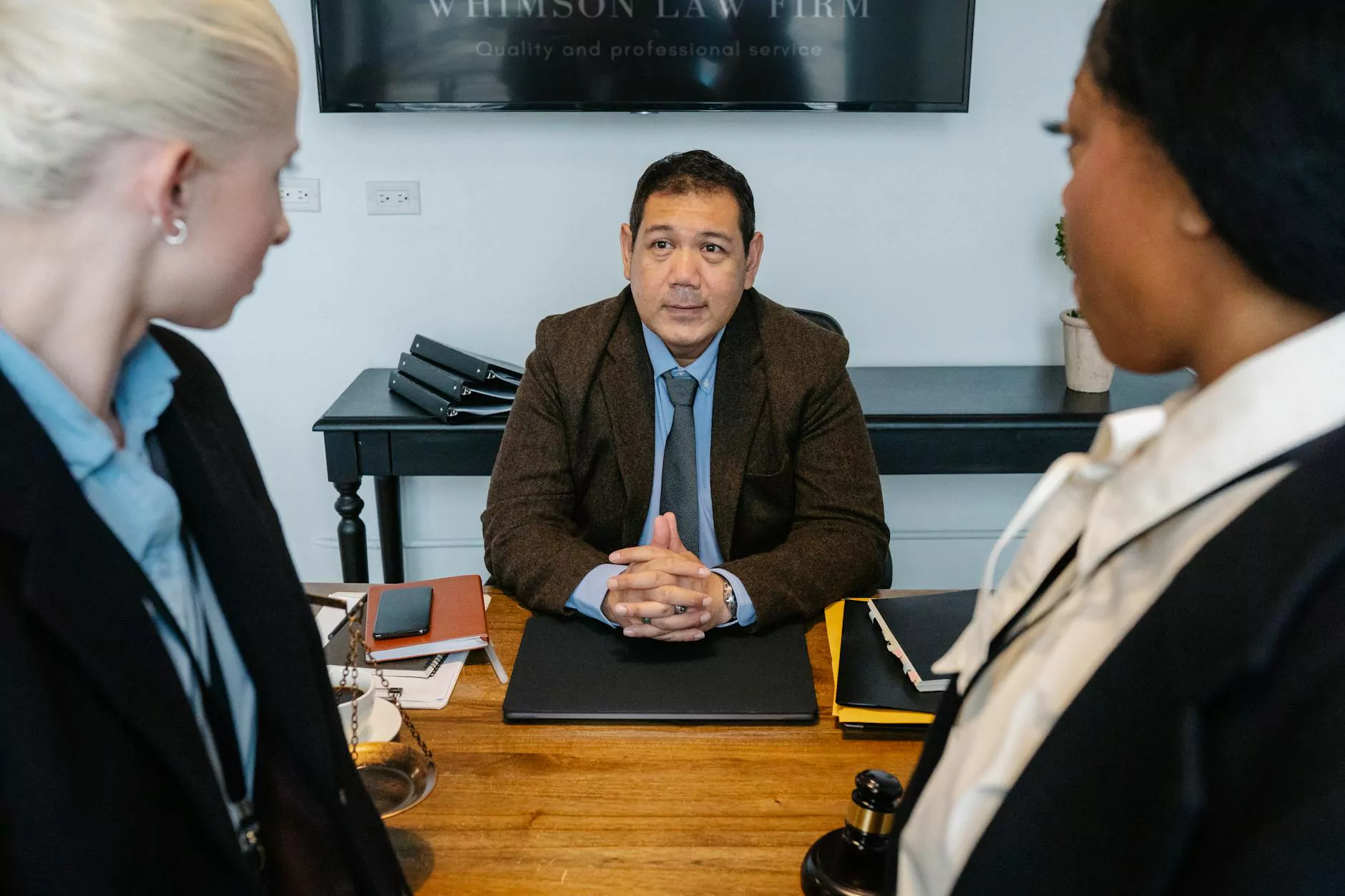Can You Prevent a Written Contract From Being Modified by a Later Oral Agreement?

Understanding Contract Modification: Written vs. Oral Agreements
In the realm of business and legal agreements, the question of whether a written contract can be modified by a subsequent oral agreement often arises. To shed light on this matter, Baytowne Reporting, a leading expert in law and government legal reporting services, presents this comprehensive guide to help you understand the complexities and legal implications involved in contract modifications.
Defining the Written Contract
A written contract serves as a legally binding document that outlines the terms and conditions agreed upon by the parties involved. Typically, a written contract involves clear and specific language, which helps to establish the expectations, rights, and obligations of each party.
By reducing the agreement to writing, a written contract provides clarity and minimizes potential misunderstandings that may arise from purely oral agreements. It creates a reliable record of the parties' intentions and serves as a valuable reference in case of disputes or legal proceedings.
Contract Modification: When Oral Agreements Enter the Picture
While written contracts are considered the gold standard, situations may arise where the parties involved find it necessary to modify certain terms or conditions. This is where the question of whether a subsequent oral agreement can override a written contract arises.
It is important to note that, in most jurisdictions, contract modifications need to be made in writing to be legally enforceable. This principle, known as the "Statute of Frauds," aims to prevent fraudulent claims and ensure that all parties are aware of and have agreed to the changes made.
That being said, there are exceptions to this rule, primarily in cases where the parties have already partially performed the modified terms, or where there is sufficient evidence to prove the existence and terms of the oral agreement.
The Parol Evidence Rule: Balancing Written Contracts and Oral Agreements
The parol evidence rule is a legal principle that governs the admission of extrinsic evidence (evidence outside the written contract) in contractual disputes. It aims to maintain the integrity of written contracts by preventing the introduction of evidence that contradicts or alters the terms of the written agreement.
If a written contract contains an integration clause, also known as a merger clause, it generally means that the written contract represents the complete and final understanding between the parties. In such cases, any prior oral or written agreements that were made are presumed to be merged into the written contract, unless there is evidence of fraud, duress, mistake, or illegality.
Protecting Your Written Contract: Best Practices
To prevent a written contract from being modified by a later oral agreement, it is essential to implement certain best practices:
1. Clear and Specific Language
When drafting a written contract, use clear and specific language that leaves no room for ambiguity. Define key terms and provisions in detail to minimize the risk of misinterpretation or unintended modifications.
2. No Oral Modification Clause
Include a "no oral modification" clause in your written contracts. This clause explicitly states that any modifications must be made in writing and signed by all parties involved. This helps to preserve the integrity and enforceability of the original written agreement.
3. Written Amendments or Addendums
If modifications are necessary, create written amendments or addendums to the original contract. These documents should clearly outline the changes made, include the signatures of all parties, and reference the original contract.
4. Document All Communications
Maintain a record of all communications related to the contract, including emails, letters, and meeting minutes. These records can serve as evidence in case of disputes and help establish the parties' intent and agreement.
Consult with a Legal Professional
While our guide provides valuable insights into preventing contract modifications, it is always advisable to seek the counsel of a qualified legal professional. They can provide personalized advice based on your unique circumstances and ensure that your contracts are robust and enforceable.
Baytowne Reporting specializes in offering top-notch law and government legal reporting services. Our team of experts is dedicated to helping you navigate the complexities of the legal landscape effectively. Reach out to us today for all your legal reporting needs.










